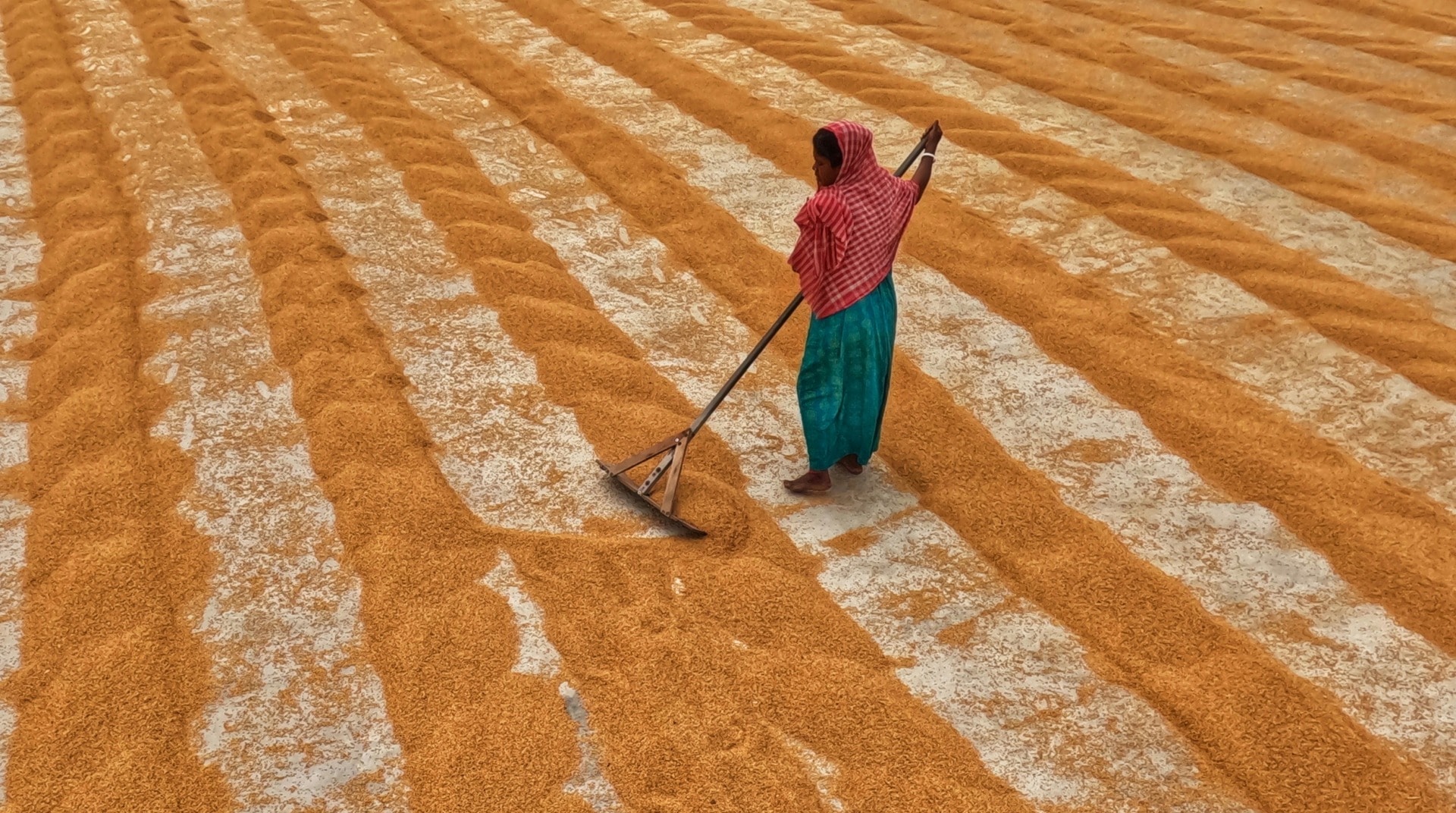Teen mothers in Seke Rural, a constituency of Zimbabwe, are speaking out about how society stigmatises and ostracizes them. The teen mothers spoke during a decision makers’ dialogue held by Shamwari Yemwansikana (Exclusive Friend Of the Girl Child). They expressed that, in some instances, they are not even allowed to greet or talk to married men in society because of their status as unwed mothers. To make matters worse, their children are referred to as, magora because they are regarded as children without fathers or children born as a result of mischief.
Some women said that they became impregnated at a young age not by choice, but rather due to circumstances beyond their control. Some attested that they were forced into early marriages and some were sexually abused by family members: “Some of us are teen mothers not by choice. Some of us were raped by close relatives, but the way society treats us is not fair. We are no longer able to move freely as people will be gossiping about us. Society needs to accept us and treat us the same way they treat other children,” said one teen mother who preferred to remain anonymous.
Editor’s Picks — Related Articles:
#IAmToufah Makes the Message Clear: We Will Not Wish the Rape Crisis Away
The Fight for a Woman’s Right to Property After Divorce in Kenya
In some instances, the rejection of these women were initiated by their families when they got pregnant. Culturally, it is immoral for a girl to get pregnant before she gets married, so some parents go to the extent of disowning their daughter if she becomes pregnant. This isolation has forced some women into early marriages in which she lives with the boy or the boy’s family instead of her own.
“I got pregnant when I was sixteen. When my parents found out, they disowned me, saying that I had embarrassed them. They sent me to my aunt, who sent me to my boyfriend’s parents, where I am living at the moment. Now, my parents want a cow as a ransom to be delivered by my boyfriend’s family before I am able to visit them,” said Nancy Marongedze.

Additionally, instead of churches acting as safe havens where those who have sinned can be forgiven and accepted back by the congregation, some have transformed into judgement yards where those who have sinned are mocked and leered at by congregants. Teen mothers decried how churches are at the forefront of stigmatising them and their situations. After becoming pregnant, teen mothers expressed that they could no longer go back to church as they were being regarded as loose, immoral children.
The issue of gender equality, encapsulated in sustainable development goal number five, remains a utopian concept in Zimbabwe as impregnated girls are denied any opportunity to continue with their education. When a girl gets pregnant, she is forced to drop out of school. However, the father of the child is not forced to drop out and can continue his education.
Many girls in Seke spoke about how unfair it is to deny girls their education after giving birth and called on policy makers to address this inequality that has been prevalent for some time. They decried that even if they are given an opportunity to go back to school, they would be mocked and called derogatory names and that this stigmatisation must stop.

Source: Shamwari Yemwanasikana
Graftone Makwirimba, the headmaster at Jonasi Primary School in Seke, said that concerns have been raised over how girls have been denied an opportunity to continue with their education if they get pregnant: “Previously, a girl was forced out of school when she got pregnant, but now things have changed. We are now giving girls a chance to continue with their education after giving birth but they would be re- admitted at another school,” he said.
In addition to being denied their education and therefore their ability to move upwards in society, health care providers are making it more difficult for teen mothers to access health services. When they get pregnant, they are mistreated by health care providers. They are treated as mischievous people who promote immorality in society. As a result, teen mothers are advocating for youth-friendly areas in clinics where they can be treated without judgement.
The Chief’s representative, Gift Madzorere denounced society’s treatment towards and neglect of teen mothers in Seke Rural. He alluded that society has been unfair to teen mothers: “Culturally, it was unacceptable for a girl to get pregnant out of wedlock. They were treated as immoral people, but this has been so unfair. In our discussions with the people, we are denouncing [this stigma] as we now [abide by] the national gender policy which states that girls should not be discriminated [against, and] should be given the same opportunities as boys.”
The influx of teen pregnancies has been a worrisome phenomenon in Zimbabwe and has had a significant impact on the wellbeing of girls by exposing them to forced child marriages, estranging them from society, and terminating their educations. The stigmatisation of teen mothers has also resulted in increasing reports of backyard abortions as many girls would rather risk a dangerous procedure than be ostracized. Others have committed suicide, which has stimulated community dialogues to stop the stigmatisation of teen mothers.














